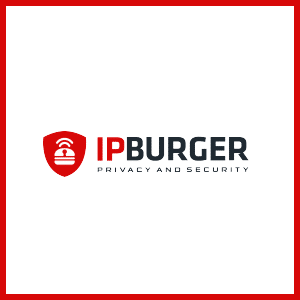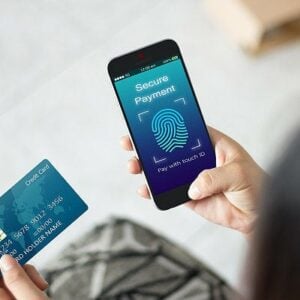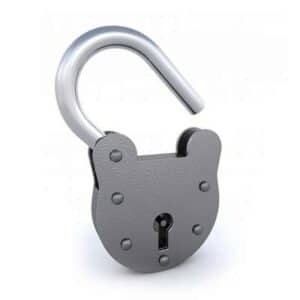
Besides encryptions, when using a VPN, your actual IP address is replaced with a virtual IP address of the server you select. When you access the internet, the web servers and other internet services will only see your virtual IP address and a virtual location. Your real IP address and your actual location won’t be known.
Comment pouvez-vous être vulnérable ?
Même en utilisant un VPN, vous pourriez découvrir que votre vie privée et votre sécurité ne sont pas du tout protégées. Voyons comment vous pouvez être vulnérable aux menaces qui pèsent sur la sécurité et la vie privée en ligne, même lorsque vous utilisez un VPN ;
- Votre appareil/système est compromis

For instance, if your device has malware or you fell for some phishing scam, cybercriminals can gain access to your data even if you have your VPN on. This is because they already have access to your device and using the strongest VPN encryption won’t help you. In this case, always be cyber-aware, use strong, unique passwords, and update your antivirus/antimalware regularly. Also, avoid bad internet behavior.
- Visiter des sites web malveillants

Une fois encore, à moins que le VPN ne dispose d'autres capacités telles que le blocage des logiciels malveillants, évitez de visiter des sites non sécurisés et adoptez de bonnes pratiques en matière de cybersécurité, même lorsque vous utilisez un VPN.
- Cryptage faible

Most VPNs offer secure encryptions protocols, but still, there are some weaker protocols such as PPTP. This protocol gives you speed but compromises your security.
Pour remédier aux cryptages faibles, optez toujours pour des VPN qui offrent des cryptages de qualité militaire tels que la norme de cryptage AES 256 bits, le cryptage OpenVPN 256 bits, IKEv2 et IPSec. Ces protocoles offrent un cryptage solide et vous fournissent également la vitesse nécessaire pour surfer sur internet.
- Problèmes liés au service VPN
Subscribing to a VPN service means you are placing all your trust in the VPN service to protect you against internet security threats and privacy intrusions. Sometimes it’s not the case especially when the VPN service is not reliable. For instance, if you connect to an unsecured VPN server, your internet traffic will be compromised, and you will no longer be secure and private. It’s even worse if the VPN server keeps logs.
Another VPN service problem would be unreliable connections. If your connection to the VPN server keeps dropping every time and there’s no kill switch, eventually your internet traffic will leak to the open internet and be accessible by prying eyes.



